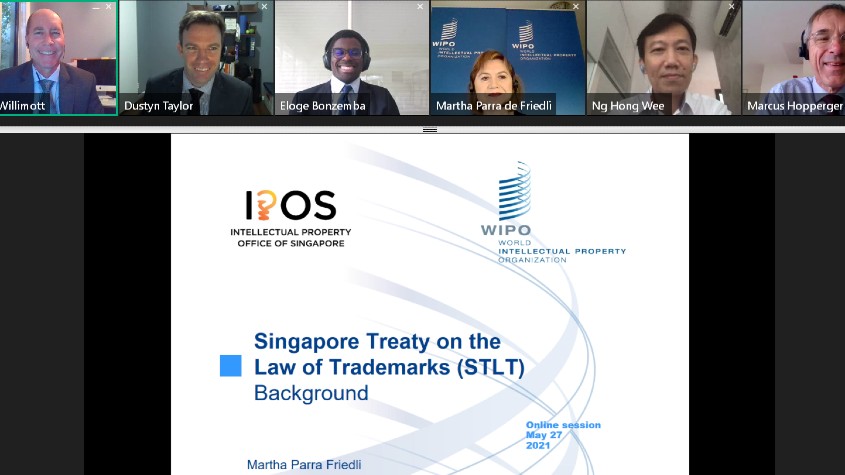Webinar Series to Enhance Accession Efforts in Asia-Pacific
May 25, 2021
The WIPO Singapore Office is collaborating with various experts in WIPO headquarters to deliver a series of webinars to increase understanding of four WIPO treaties. The treaties covered in the series are:
- The Singapore Treaty on the Law of Trademarks (STLT) (May 27)
- The Patent Law Treaty (PLT) (June 3)
- The Budapest Treaty on the International Recognition of the Deposit of Mircroorganisms for the Purposes of Patent Procedures (June 10)
- The Geneva Act of the Lisbon Agreement on the Appellations of Origin and Geographical Indications (June 17)

Each webinar features a WIPO expert providing information on the treaty and the benefits that accession can bring. An important part of each program is the time dedicated to representatives from member states that have already acceded to each treaty. They will share what motivated them to join the treaty, any challenges they overcame to accede and the advantages their accession has delivered to business, the IP office and IP professionals.
The webinars were open to staff of IP Offices and relevant government officials in the Asia Pacific region.